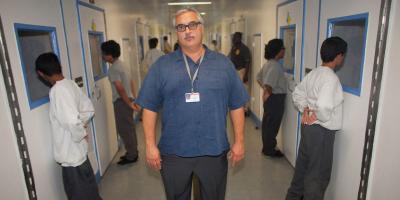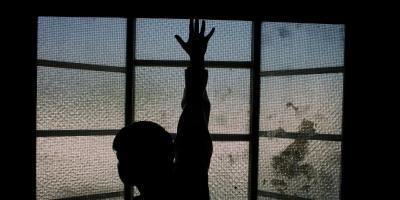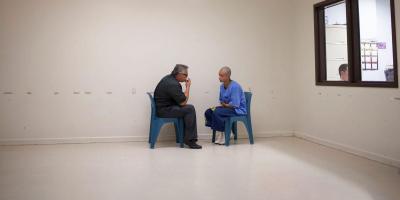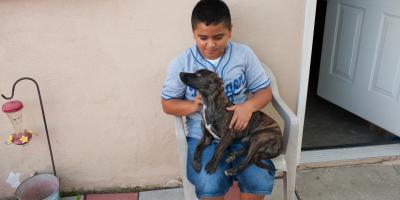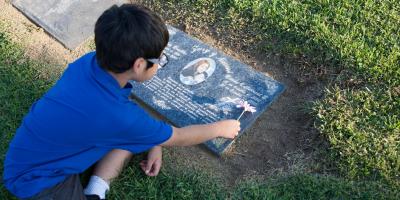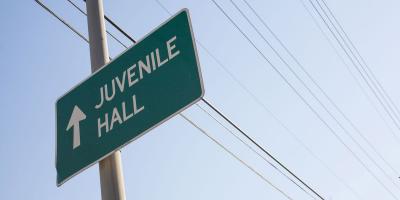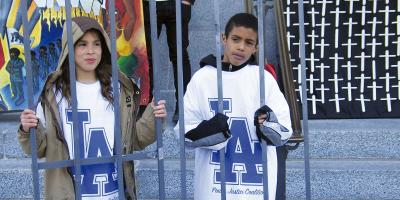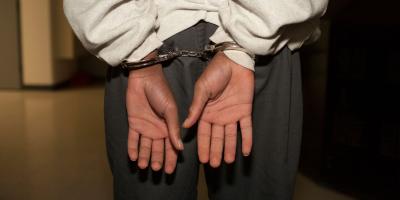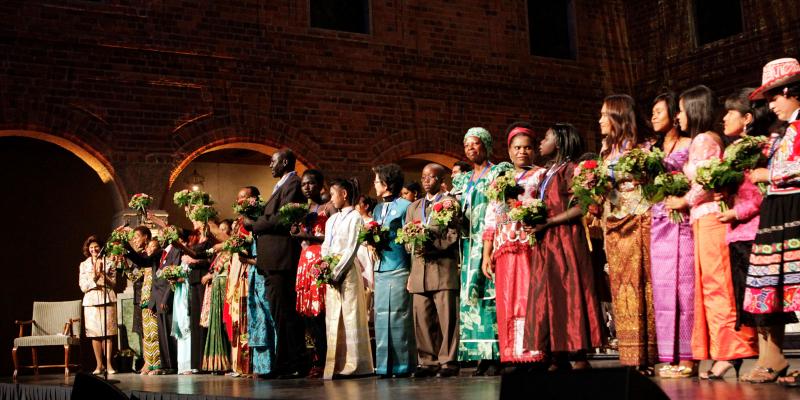
Javier Stauring wants to bring justice for children and families through reconciliation and dialogue, instead of through punishment and revenge.
Javier was commended by the World’s Children’s Prize 2015 for his 20-year struggle for children who have been imprisoned, survivors of violence, and their families.
Javier is the founder of NGO Healing Dialogue and Action, and a former Director of the Office of Restorative Justice, a part of the Catholic Archdiocese in Los Angeles. Restorative justice means trying to create justice by ‘repairing’ the damage done using methods other than punishment, such as dialogue, education, and community service. Javier does everything from visiting children in prison to supporting victims of crime and influencing politicians and other decision-makers to make the criminal justice system more child-friendly.
Javier’s work has helped change laws and regulations, helping imprisoned children and victims of crime in the process. He helps leaders from all different faiths, from Christians and Muslims to Buddhists, to work together for the rights of the child alongside children themselves. Javier’s work has had an impact in lots of ways, from making it possible for grandparents to visit their imprisoned grandchildren to the creation of new, child-friendly laws that give children who have been sentenced to die in prison the chance of one day being set free.
Learn more in The Globe:
These stories were written in 2015. Today, the interviewees are older, and some facts and figures in the stories may have changed. Some have been updated, but not all.
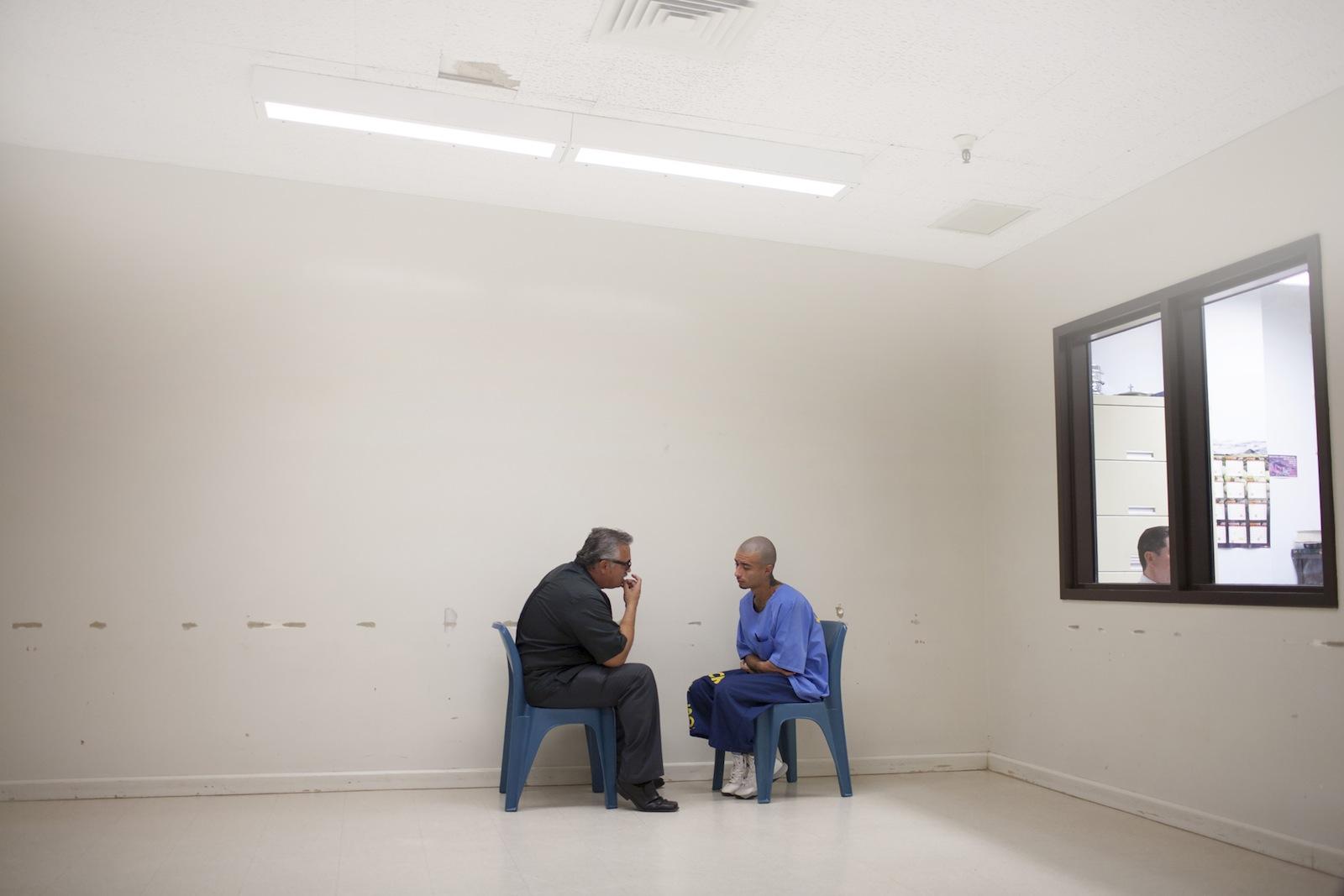
Javier works with many others – advocates, organisations and authorities – with:
• Developing programs that give incarcerated children access to education, support, culture, and sport, which can help them create a better life.
• Developing programs where relatives of victims of crime can meet with incarcerated young people and support one another, allowing them to move on with their lives through healing dialogue instead of punishment and revenge.
• Giving incarcerated children the chance to get visits from their grandparents (not just from their parents, as used to be the case) and increasing the number of visiting days.
• Getting new laws passed that help young people serving life sentences, and that protect children and young people from violence and abuse when they are incarcerated along with adults.
• Protesting to stop solitary confinement and inhumane treatment of incarcerated children.
• Giving faith leaders the opportunity to work together for change alongside incarcerated children, victims of crime, schools, universities, and organisations.
Text: Carmilla Floyd Photos: Joseph Rodriguez
The names of some of the people in the stories about Javier have been changed.
Text: Carmilla Floyd
Photo: Joseph Rodríguez
Related stories
Långgatan 13, 647 30, Mariefred, Sweden
Phone: +46-159-129 00 • info@worldschildrensprize.org
© 2020 World’s Children’s Prize Foundation. All rights reserved. WORLD'S CHILDREN'S PRIZE®, the Foundation's logo, WORLD'S CHILDREN'S PRIZE FOR THE RIGHTS OF THE CHILD®, WORLD'S CHILDREN'S PARLIAMENT®, WORLD'S CHILDREN'S OMBUDSMAN®, WORLD'S CHILDREN'S PRESS CONFERENCE® and YOU ME EQUAL RIGHTS are service marks of the Foundation.



